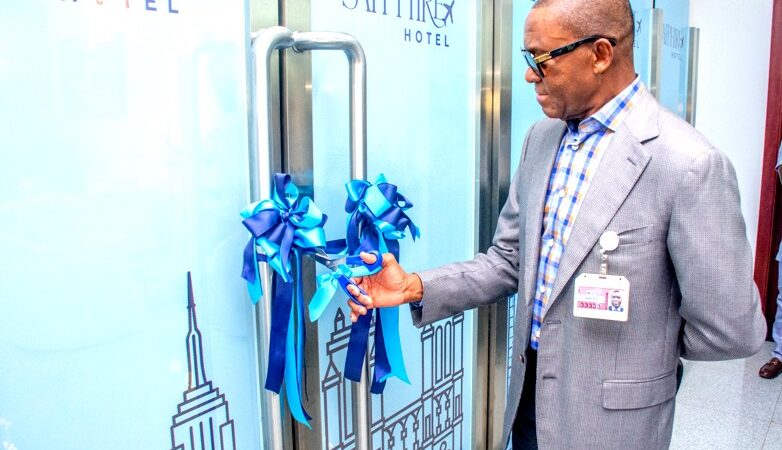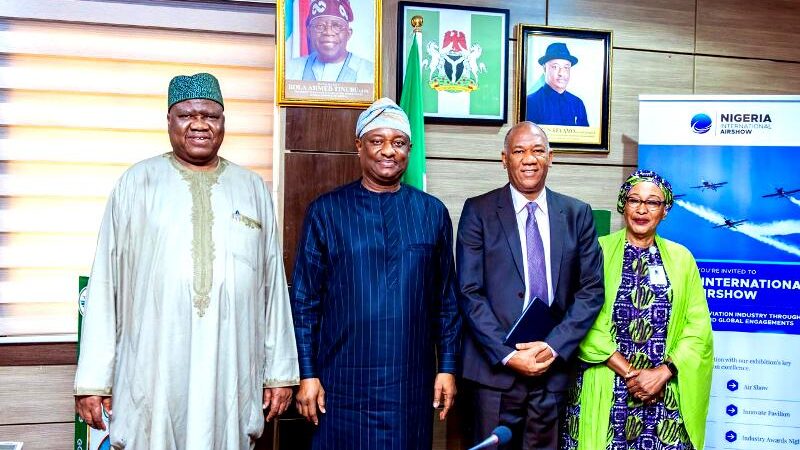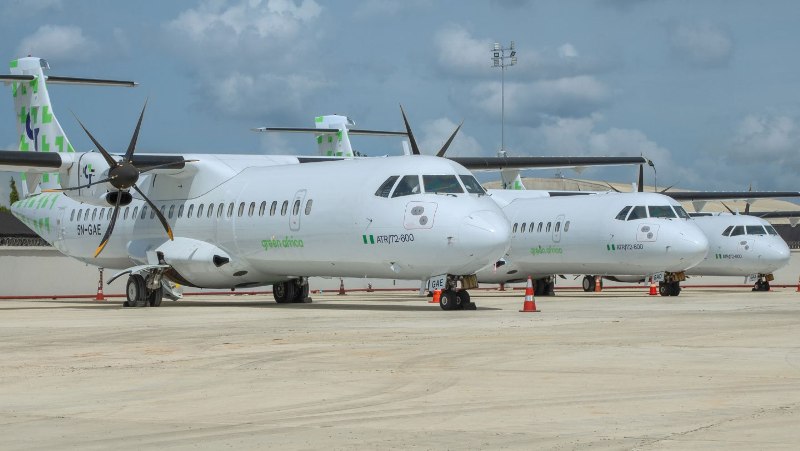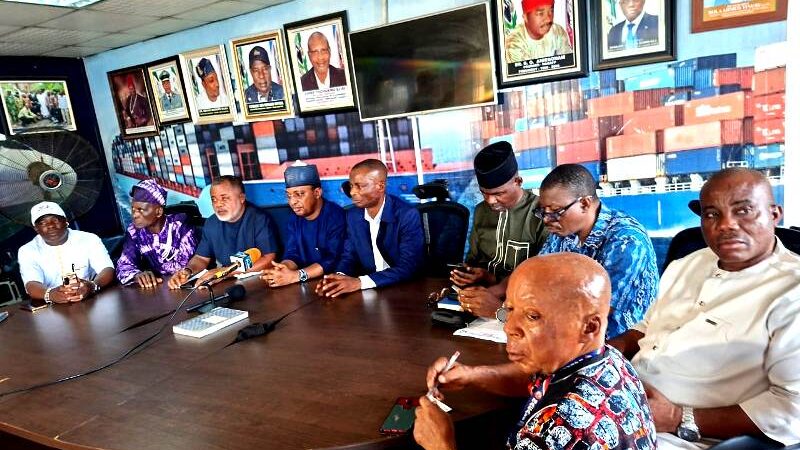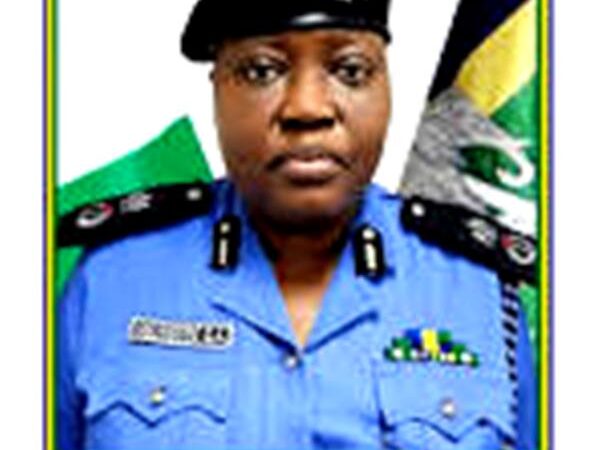The Benefits Of Simulator Investment, By NCAT Rector

The Rector of Nigeria College of Aviation Technology (NCAT), Zaria, Capt. Alkali Mahmud Modibbo has highlighted the benefits of investing in a simulator training equipment.
Speaking in an interview, Modibbo advocated for possible partners with NCAT under Public Private Participation (PPP) arrangement.
“There is no way NCAT can buy simulator equipment all over Nigeria. We don’t have the resources to do so. No single investor is ready to spend his money on simulator but I want to assure you that simulator is the best way to make money without risk. You don’t buy fuel. You don’t check batteries and it doesn’t crash. You only service and maintain the equipment and you make your money.
We are ready to give a part of our land to anybody that is ready to bring in simulator and make a joint venture with NCAT but all what we want now is to get the one at Zaria working, making money and we can now open our arms to investors,” he said.
Providing an update on the Boeing 737 simulator aircraft at NCAT, Modibbo said: “The contract for the Boeing 737 simulator aircraft was awarded during the Princess Stella Oduah administration as the Minister of Aviation, but the equipment was received during Senator Hadi Sirika as the Minister of Aviation. The intention was to reduce Nigerians going abroad for such training and in the process, spend foreign exchange. The Federal Government wanted to retain the foreign exchange in the country, which is a very good thought and decision. So, the simulator was purchased and brought to Nigeria. The only place you can put a simulator is an institution and NCAT is the only Federal Government-owned school and this simulator was purchased by the Federal Government.
If the government put it in Lagos, there is no flying school in Lagos that is owned by the Federal Government. The containers containing all the platforms for the aircraft arrived during the Covid-19 pandemic and despite that, they were able to assembly the simulator aircraft. By the time they finished fixing the simulator, the certification that the simulator came with from America, had expired. It expired in April and they finished assembling it in May.
Then, we went to the Nigeria Civil Aviation Authority (NCAA) for certification of the simulator and to give us the authority to use the simulator but NCAA said they didn’t have the capacity to certify the simulator for us. So, we needed to have any certification from any approved Civil Aviation Authority (CAA) anywhere in the world.
Since my assumption of office, we have been going up and down. We went to everywhere; Canada, South Africa, Ethiopia, Egypt and European Union Aviation Safety Agency (EASA). And a particular company wanted to charge us over 300,000 euros just to get certificate on the aircraft, which was too expensive. Then, we agreed to train NCAA and NCAT technical staff on the aircraft simulator. So, we got two engineers each from NCAA and NCAT and another two pilots each from the two agencies. The pilots went for the training and the engineers are embarking on the same training by the end of September 2023.
In a nutshell, the simulator is about to be put into use, hopefully before the end of this year. It is not underutilized but it has not been put to use yet. If you fix a simulator in Zaria and you want to move it from there to anywhere, you are going to spend so much, especially with the devaluation of naira. You are going to spend up to half of the price you used to purchase the simulator. The only thing the government could do is to bring in another simulator, but you can imagine how long it took the government to buy just one simulator and for you not to have put it to use, the government will not be encouraged to invest additional money in it.”

